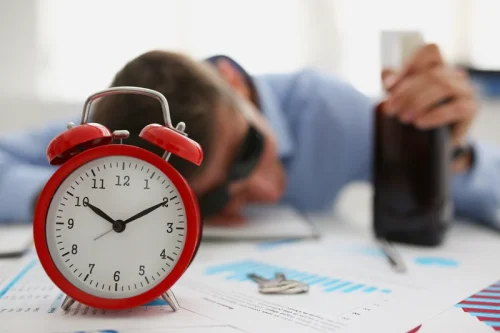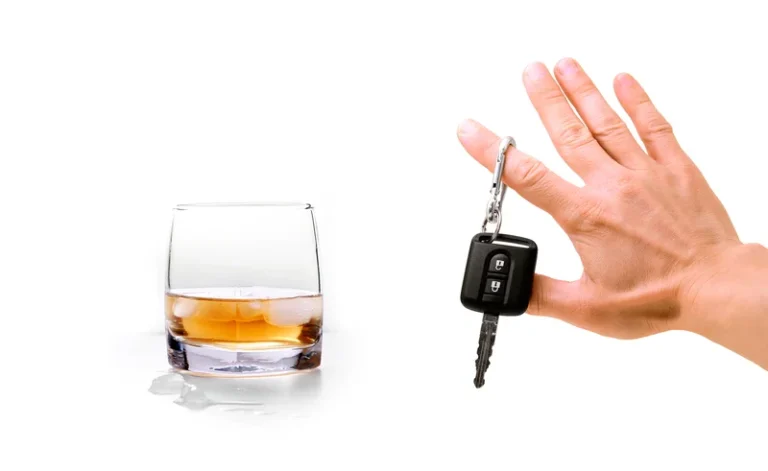
The most effective way to prevent CHS is to avoid chronic use of cannabis. CBD is not thought to interact the same way as THC to cause a CHS episode, and many consumers find symptom relief when using CBD. However, it is best to consult with your doctor first before introducing CBD. The best and only way to prevent or reduce your risk for CHS is to avoid or quit marijuana use. Your doctor may ask you questions, like how long you’ve been using cannabis and what type of products you normally use. For example, if you smoke weed, eat edibles, use tinctures, or dab or vape THC, tell your doctor about any or all of them.
- These foods/beverages are mostly acidic, but relationships between them and CHS have not been studied scientifically, although the co-use of weed and alcohol is well-known, the study authors said.
- Call us to learn more about the recovery process and how to start your journey toward sobriety.
- In the meantime, Brian began using marijuana again, and for several weeks, he did not have any symptoms at all.
Diagnosis and Tests
However, cases of it have how long does it take to recover from cannabinoid hyperemesis syndrome increased since the legalization of marijuana in several states. People have lots of allergies, but is it possible to have a cannabis allergy? Surprisingly, people can be allergic to weed, but it’s not very common.
Find more top doctors on

If you use cannabis often and frequently experience vomiting and nausea, you should tell a healthcare professional. Research shows that when people with CHS resume smoking marijuana, they typically start experiencing symptoms again, most notably stomach pain and cyclic nausea and vomiting. Once you have CHS, the only proven way to treat it and keep it from returning is to stop consuming cannabis. The following criteria can help lead to an accurate cannabinoid hyperemesis syndrome diagnosis and management of symptoms and reduce the need for unnecessary and expensive medical testing. Cannabinoid hyperemesis syndrome was first described in 2004, so there is limited research into the condition.

What medical treatments work to alleviate CHS symptoms in health care settings?

Brian agreed to quit smoking until he was able to see a gastroenterologist, which was scheduled for 45 days after his release. While I was moving my car, the staff took Brian to a room, which they directed me to on my return. When I arrived, there were three nurses and a doctor in the room already. Brian had an oxygen mask on, they were putting an IV in each arm, and they had already taken blood to send to the lab. By Anna GiorgiGiorgi is a freelance writer with more than 25 years of experience writing health and wellness-related content. Treatment that helps prevent dehydration and loss of electrolytes can help reduce your risk of many of these problems.
Some people with conditions like epilepsy, multiple sclerosis, chronic pain and nausea believe that marijuana helps them. Heard and other physicians say the lack of solid, peer-reviewed research on cannabis’s effectiveness remains reason for skepticism. Its federal status as a Schedule I drug continues to hamper medical-research efforts. CHS symptoms generally begin to subside fairly quickly during the recovery phase, usually within a day or two of cannabis use cessation. To fully recover from CHS, a patient will need to stop consuming cannabis altogether.

Serotonin antagonism in the gastrointestinal tract from medications such as ondansetron, dolasetron, and granisetron likewise have varying levels of efficacy. Opioids, while often prescribed for the patient’s debilitating abdominal pain, are not appropriate for CHS, as they may, in fact, worsen nausea and vomiting. CHS can become dangerous if the patient does not stop consuming cannabis and if the disorder is left untreated. Specifically, CHS becomes dangerous when the primary symptoms of the condition — abdominal pain, nausea, and vomiting — become so drastic that the patient ends up becoming severely dehydrated.
Can CBD products without THC cause cannabis hyperemesis syndrome?
Another proposed explanation is that in susceptible individuals the pro-emetic effect of cannabis on the gut (e.g. delayed gastric emptying) overrides its anti-emetic CNS properties 62. This hypothesis is supported by the demonstration of delayed gastric emptying on gastric emptying scintigraphy in some cases 6,55,62. Further research is required to investigate the gastrointestinal physiology in these patients during both the acute attacks of hyperemesis and between episodes.
There were several people in and out of the house during this time, including police, firefighters, EMTs, and detectives. In the state of Indiana, if anyone under the age of 18 dies, the death requires investigation as a homicide. We had never heard of marijuana causing nausea or vomiting and were only familiar with its various health benefits, so we did not believe that CHS was what Brian had. This dehydration can lead to a type of kidney failure that experts refer to as cannabinoid hyperemesis acute renal failure, and in severe cases, it can even result in death. The reason why I know so much about this is that it happened to my son.
Cannabinoid Hyperemesis Syndrome (CHS) and Cyclic Vomiting Syndrome (CVS)
Patients must be informed that habitual cannabis use can result in cannabinoid accumulation in adipose tissue, leading to prolonged or recurrent symptoms that may take weeks to completely resolve. Preventing a recurrence necessitates complete abstinence to facilitate recovery. Research suggests that CHS is a permanent condition that can only be effectively treated by quitting cannabis. Continuing to use cannabis despite CHS can lead to potentially life threatening complications. If you are looking for substance abuse treatment, you can find it today. Call us to learn more about the recovery process and how to start your journey toward sobriety.
- Because CHS has only recently been identified, there is still a lot that is not known about it.
- Cannabidiol (CBD) and cannabigerol (CBG) are two additional cannabinoids found in cannabis that appear to modulate the anti-emetic properties of THC.
- As long as you don’t use marijuana, your symptoms shouldn’t return.
- Cannabinoid hyperemesis syndrome is a result of chronic cannabis use.
- If you’re a chronic cannabis consumer and you’re experiencing symptoms, it may be time to seek a diagnosis.
More research is needed before researchers can come to concrete conclusions about the condition. Despite the scarcity of randomized controlled trials (RCTs) on optimal treatment approaches for CHS, a holistic care plan can significantly enhance patient outcomes and well-being. Even cannabis products that don’t contain THC have the potential to cause or worsen CHS.



